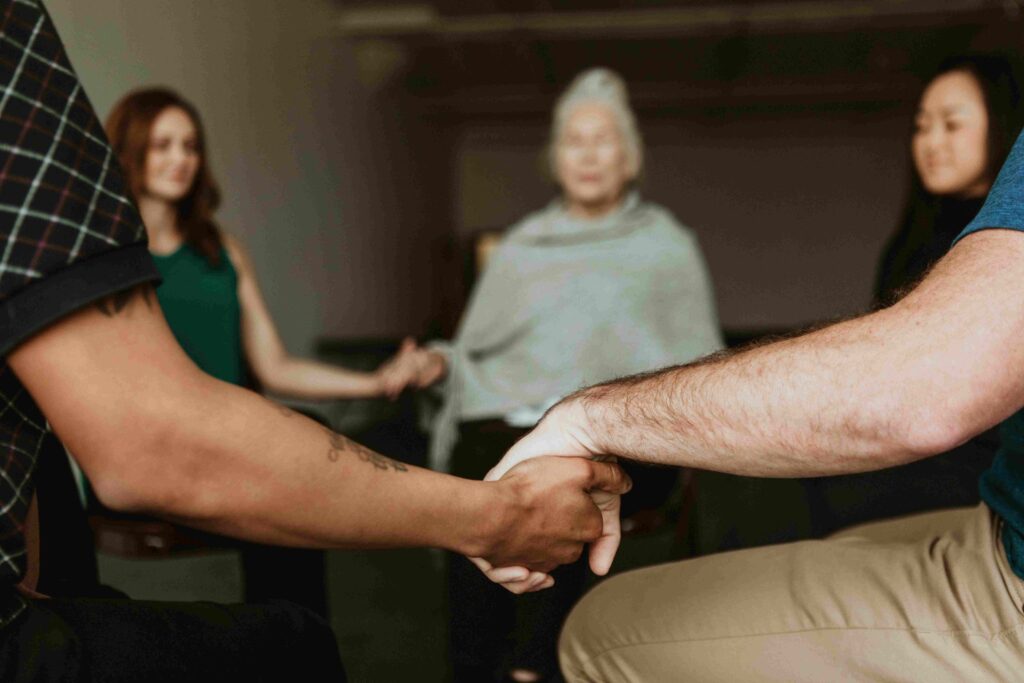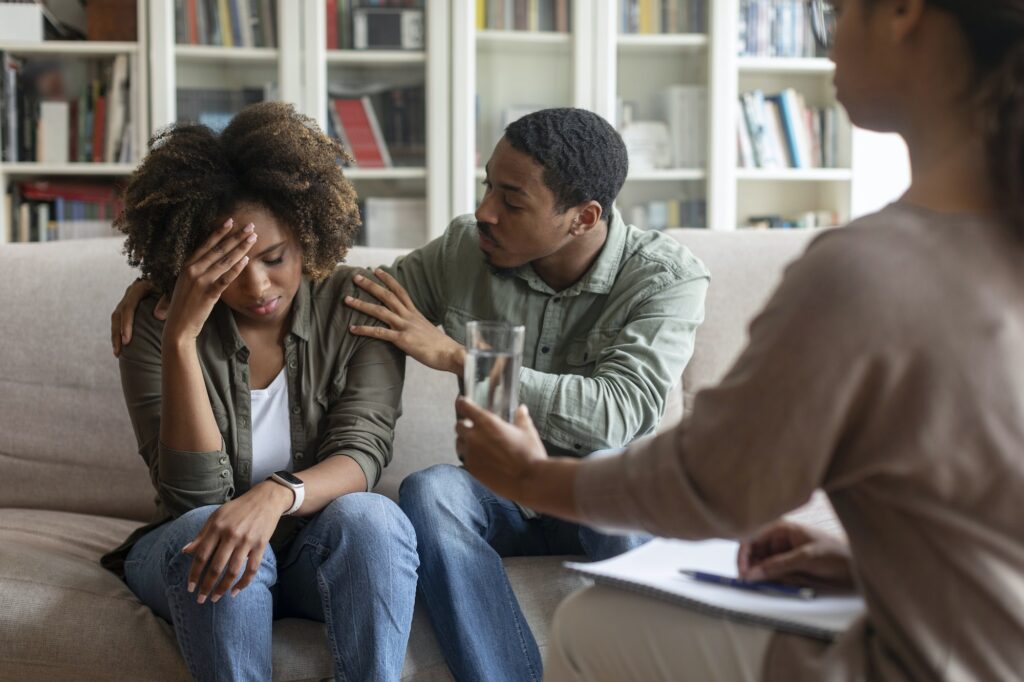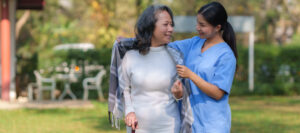
December 1, 2023
Uncategorized
Addiction not only affects individuals but also has a profound impact on their relationships with family, friends, and loved ones. Rebuilding and nurturing supportive connections is crucial for successful recovery and long-term well-being. We will explore strategies and insights to help individuals in addiction recovery navigate the complexities of relationships and foster a healthy support system.
Addiction can strain relationships, leading to broken trust, communication breakdowns, and emotional turmoil. Loved ones may experience a range of emotions such as anger, frustration, fear, and sadness. It is important to recognize that addiction is a complex disease, and the individual struggling with addiction is not solely responsible for the challenges faced in relationships.
Open and honest communication forms the foundation of healing relationships in addiction recovery. Effective communication involves active listening, expressing emotions and needs, and fostering empathy. Individuals in recovery should strive to communicate their progress, challenges, and feelings with their loved ones, while loved ones should create a safe and non-judgmental space for open dialogue.
Trust is often deeply damaged by addiction. Rebuilding trust requires time, patience, and consistent actions. It is essential for individuals in recovery to demonstrate honesty, transparency, and reliability. By consistently following through on commitments, being accountable for their actions, and engaging in open and sincere communication, trust can gradually be rebuilt.
Education plays a vital role in healing relationships affected by addiction. Loved ones should make an effort to understand addiction as a disease rather than a moral failing. Learning about the nature of addiction, its causes, and available treatment options can help loved ones develop empathy and compassion. This understanding can promote healthier communication and support in the recovery process.
Setting healthy boundaries is crucial for individuals in recovery and their loved ones. Boundaries help define acceptable behaviors and protect one’s emotional and physical well-being. Both parties should have a clear understanding of each other’s boundaries and respect them. By communicating and upholding boundaries, individuals can maintain a healthy balance in relationships.
Support groups play a significant role in addiction recovery, not only for individuals in recovery but also for their loved ones. Support groups provide a safe and understanding environment where participants can share their experiences, gain valuable insights, and find emotional support. Groups like Alcoholics Anonymous (AA) and SMART Recovery offer various resources and local meetings for both individuals in recovery and their loved ones.

Despite seeing a loved one struggle, family members can and ideally do play a major role in the treatment process.



Professional counseling and therapy can be invaluable in healing relationships affected by addiction. Family therapy and couples counseling can help address underlying issues, improve communication, and foster healthier dynamics. Individual therapy provides a safe space for personal growth, self-reflection, and developing coping mechanisms for both individuals in recovery and their loved ones.
Healing relationships in addiction recovery requires individuals to prioritize their own well-being and personal growth. Engaging in self-care practices such as exercise, mindfulness, hobbies, and healthy lifestyle choices can improve overall mental and emotional health. Taking care of oneself allows individuals to be more present, engaged, and supportive in their relationships.
Rebuilding trust requires consistent honesty, transparency, and reliability. Be patient, show remorse, and engage in open and empathetic communication to rebuild trust over time.
No, support groups like AA and SMART Recovery offer resources and meetings for both individuals in recovery and their loved ones. They provide a safe space to share experiences and receive support.
Establishing healthy boundaries involves open communication, clearly defining acceptable behaviors, and respecting each other’s emotional and physical well-being. Seek professional guidance if needed.
Family therapy and counseling can be highly beneficial in addressing underlying issues, improving communication, and fostering healthier dynamics within relationships. Consider seeking professional help to explore this option.
Engaging in self-care practices such as exercise, mindfulness, hobbies, and setting personal boundaries is crucial. Prioritizing your own well-being enables you to be more present and supportive in your relationships.
By implementing these strategies and seeking support from professionals and peer groups, individuals in addiction recovery and their loved ones can embark on a journey of healing and nurturing supportive connections. Remember, building and sustaining healthy relationships takes time and effort, but the rewards are immeasurable.
Post Tags :
Recent Posts






Explore
Copyright © 2025 Life Line Services. All Rights Reserved.
Fueled By Antilles Digital Media